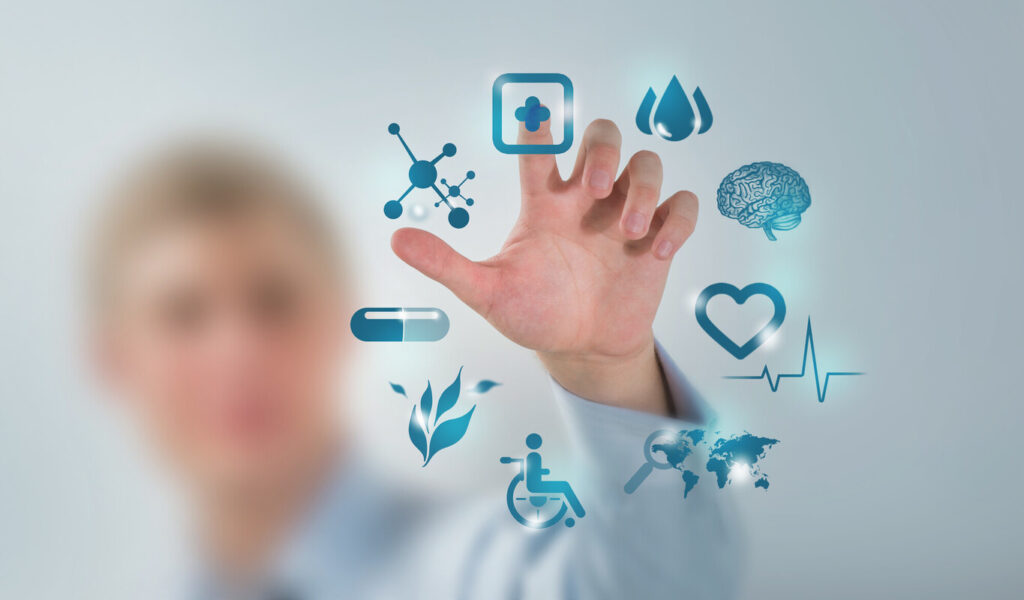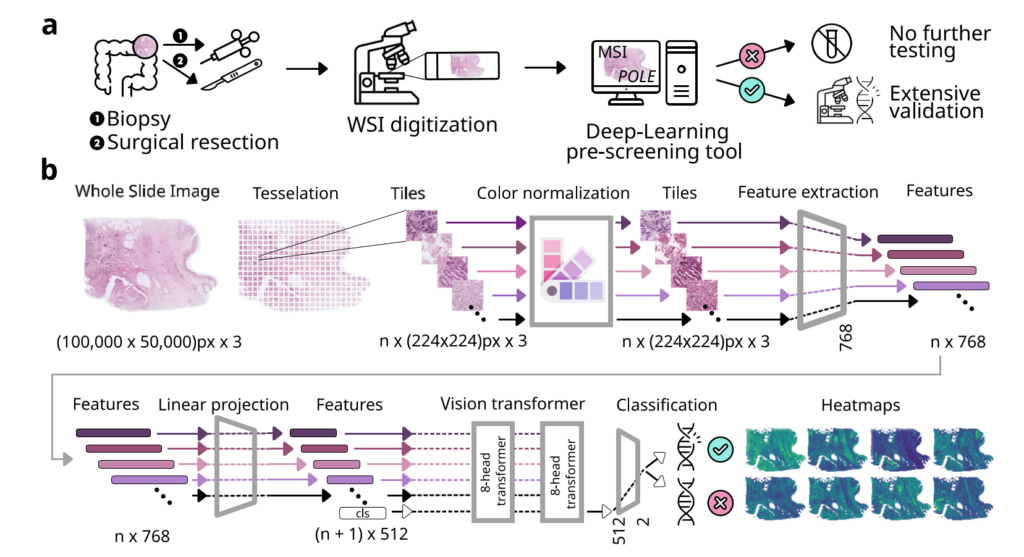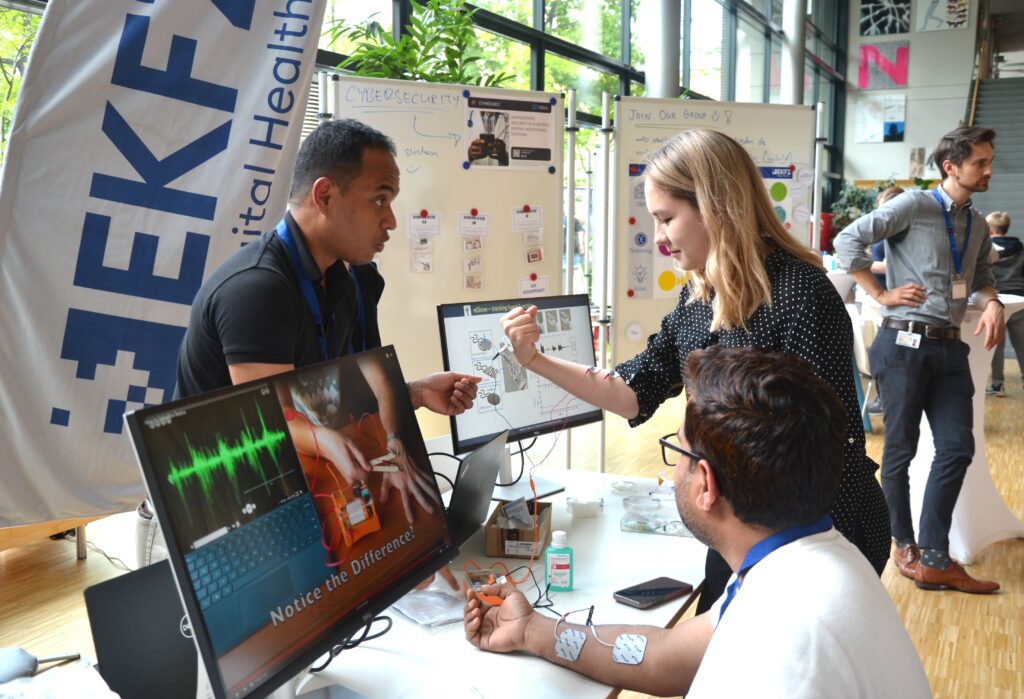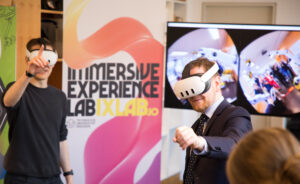Flexible suites of Digital Health Technologies: Need for tailored regulation and reimbursement
Using citizens’ data
securely in research:
Smartphones, smartwatches and associated apps are constantly improving their ability to record and store personal health data. The initial proposal for the EU law for a European Health Data Space in 2022 would allow depersonalized health and wellness data to be shared without explicit consent in the future. There has been understandable pushback against it – not just from data protection officers. In their article in the Nature Portfolio journal “npj Digital Medicine”, Professor Stephen Gilbert, EKFZ for Digital Health, and Professor Dirk Brockmann, Center Synergy of Systems, discuss how medical data from citizens could be used for research in the future while respecting personal rights. Their proposed solutions are based on experiences with data donation projects during the COVID-19 pandemic, which signpost a participative, standardized, scalable and consent-based approach to data sharing.
Stephen Gilbert, Katie Baca-Motes, Giorgio Quer, Marc Wiedermann, Dirk Brockmann: Citizen data sovereignty is key to wearables and wellness data reuse for the common good; npj Digital Medicine, 2024.
Health apps are becoming increasingly popular
An increasing number of people are using wellness and health apps that measure, interpret and store a variety of parameters such as activity, metabolites, electrical signals, blood pressure and oxygenation. This data is not just for personal interest, it is also of great importance for medical research. The analysis of such citizen-gathered health data in conjunction with clinical data could help to improve understanding of diseases, their development and early diagnosis. It is also an important basis for research, especially for optimizing predictions based on deep learning and other artificial intelligence methods.
Learning from COVID-19 data donation projects
During the COVID-19 pandemic, several data donation projects were initiated in Germany, the UK and the US. These projects showed that citizens were willing to participate and share their data. The prerequisite was that they were able to decide for themselves when to share which data and were given the opportunity for consent withdrawal and to stop participation at any time.
The researchers propose the use of a trusted and secure externally provided consent platform. This would allow users to understand with whom, where and for what purpose they are sharing their health data. Active engagement further increases the likelihood that data will be shared over a longer period of time. Researchers’ positive and instructive experiences with voluntary data donation during the COVID-19 pandemic should now be used to find long-term solutions.
“In the future, the use of personal health data for research will only work if all participants are fully aware and consenting and can also withdraw their decision at any time. Our work has shown that citizens understand the benefits they can bring to society through volunteering their health and wellness data,” says Professor Dirk Brockmann, Director of the Center Synergy of Systems at TU Dresden.
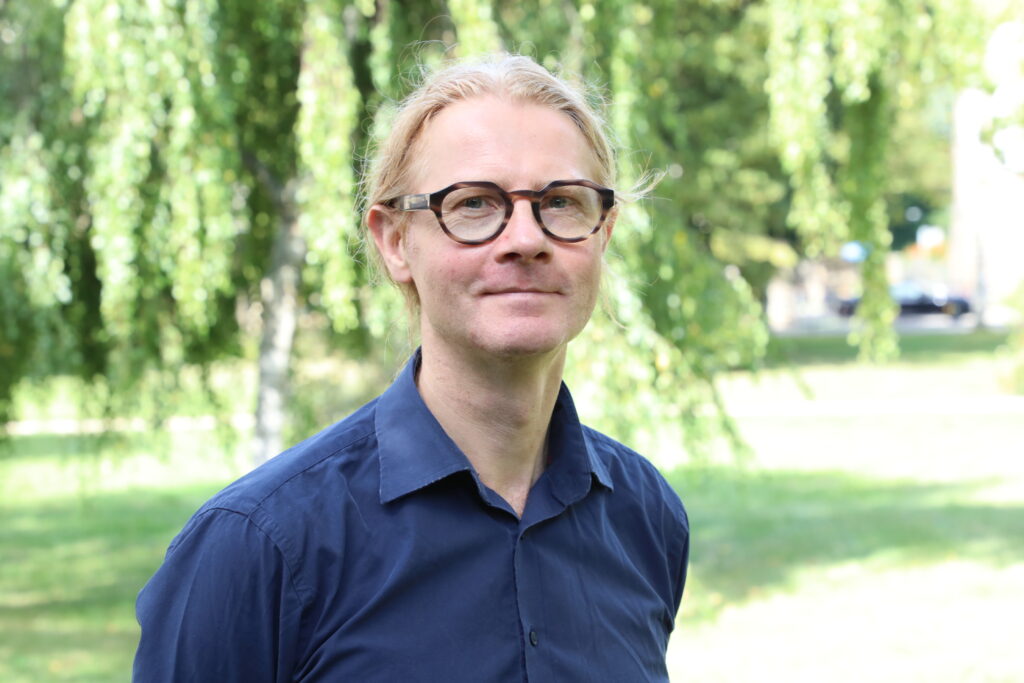
Stephen Gilbert
It is not ethically acceptable or politically sustainable to harvest more and more personal data from citizens by default with every new smart product – especially without asking for their consent first.
The publication in npj Digital Medicine was created in collaboration between researchers from the EKFZ for Digital Health, the Center Synergy of Systems (both TU Dresden/Germany), the Robert Koch-Institut (RKI, Berlin/Germany) and the Scripps Research Institute (La Jolla/USA).
More News
How deep learning identifies key mutations in colorectal cancer
Bioelectronics Research and Regulatory Race at the Dresden Science Night 2024


